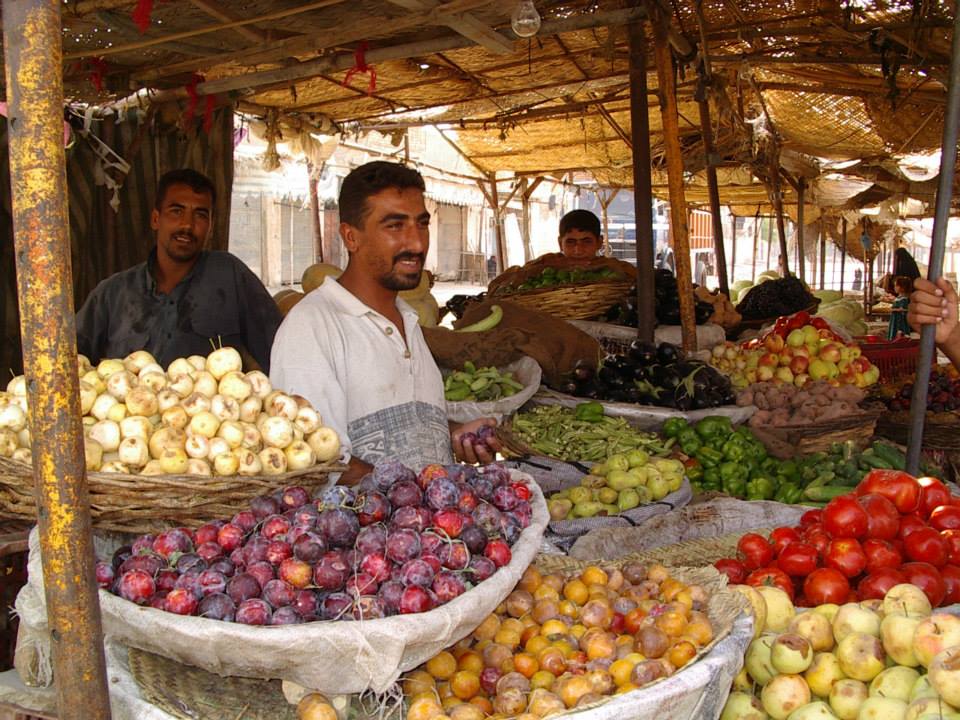Addressing the challenge of global food security and sustainable agriculture is an increasingly complex and large-scale problem affecting many countries and groups of people. In order to address the agricultural, nutritional, environmental, and socio-economic problems associated with agriculture and food security, OSC understands that we must engage leaders in public policy, research, and education, as well as average citizens. Because agriculture and food security directly impact not only long term conditions, but daily quality of life and livelihoods, our approaches emphasize rapid and reliable information sharing and engagement of numerous stakeholders.
OSC provides guidance to key stakeholders as they seek ways to better monitor, assess, predict, and inform parties about environmental, socio-economic, and humanitarian hazards and conditions, and their impacts on food security. OSC helps local partners build resiliency by designing platforms to share knowledge and expand access of critical information on famine and food security issues while pushing messages to specific target audiences. OSC has worked to raise awareness and inform citizens of land issues, rights, regulations, and policies. OSC’s work in the agriculture and food security engages national and local government officials, farmers, local organizations, women, and youth. OSC has applied cutting-edge and innovative technology in support of food security, utilizing data visualization and mapping and online and mobile technology to facilitate rapid information sharing.
For example, OSC redesigned the Famine Early Warning Systems Website (FEWS NET) website, ensuring maximum functionality by integrating social media, user feedback, and input. The FEWS NET website serves as a portal for food security knowledge management, as well as famine monitoring and warning. It houses critical qualitative and quantitative data, reports, and analyses from key stakeholders including USAID’s Office of Food for Peace, NASA, NOAA, USDA, USGS, food security experts, donor organizations, governments, and NGOs. FEWS NET monitors, assesses, and predicts the impact of environmental and socio-economic hazards and conditions on food security and famine. The site allows USAID to expand the access of critical information on famine and food security issues and to push messages to target audiences. It promotes rapid decision making and information sharing among stakeholders, policymakers, governments, and humanitarian organizations.
The redesign uses data visualization and mapping to help create a knowledge hub for food security and related research. OSC delivers strategic communications support and trains FEWS NET staff and local partners. With OSC’s guidance and web development support, these website enhancements and capacity building efforts have improved FEWS NET stakeholder capacity, utilizing best communication practices to better monitor, assess, predict, and inform about the impact of environmental and socio-economic conditions, and their present or future impacts on food security and vulnerability around the world.
OSC has leveraged both the public and private sector in support of farmers, local trade associations, and agricultural extension workers. OSC understands the importance of evaluating challenges to literacy, socio-economics, connectivity, and information access when designing, developing, and implementing programming related to agriculture and food security.
On one project, OSC’s communications expertise promotes improved science, technology, and capacities for decision-making and the development of adaptation strategies in the Limpopo River Basin; improved water conservation and water demand management that responds to climate change; and integration of climate change adaptation strategies into long-term management plans and policies.
OSC focuses on improved capacity within regional, national, and local governments to manage the trans-boundary Basin and formulate integrated water, ecosystem management and climate change adaptation strategies; increased knowledge and awareness of climate change impacts and adaptation measures; and increased knowledge and awareness of integrated and sustainable water management strategies and practices.

